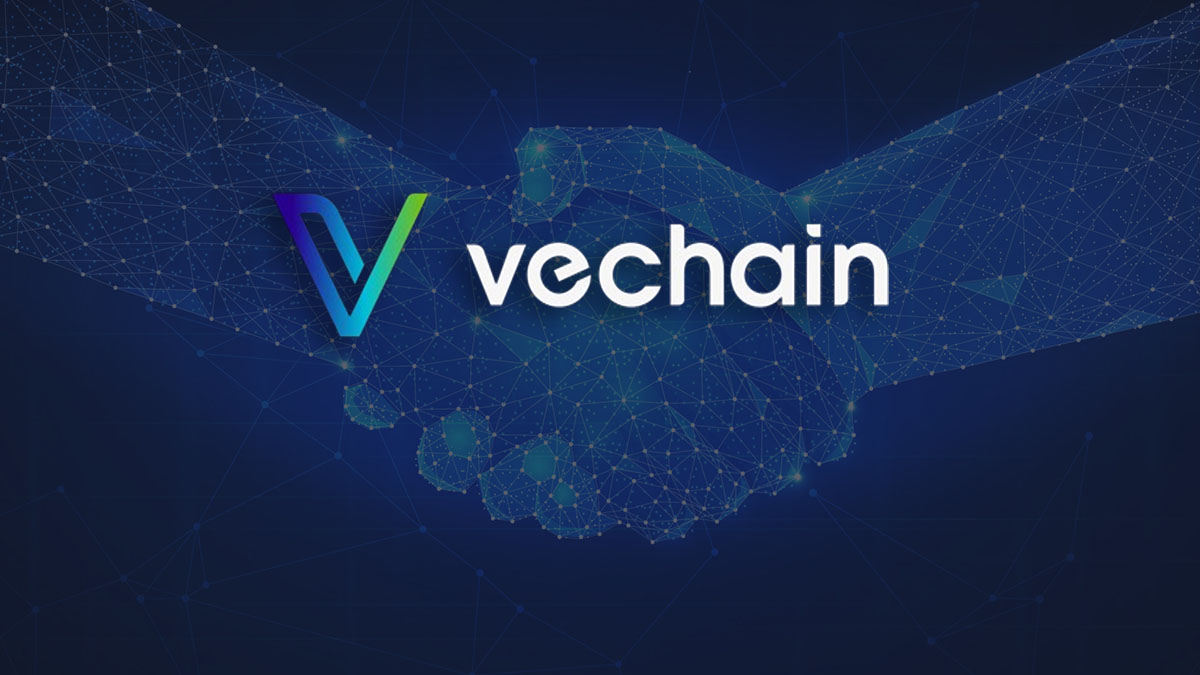The European Union (EU) is taking significant strides towards a more sustainable and transparent future. The Digital Product Passport (DPP) initiative, a key component of the EU’s Ecodesign for Sustainable Products Regulation (ESPR), aims to enhance product traceability and environmental impact assessment.
VeChain’s Solution: A Digital Passport for Products
At the heart of this initiative lies blockchain technology, and VeChain is poised to play a pivotal role. VeChain’s partner, VeTonsberg, is actively working to help businesses comply with the DPP regulations by leveraging blockchain-based solutions.
The DPP, akin to a digital passport for products, will provide detailed information about a product’s lifecycle, including its origin, materials, environmental impact, and disposal instructions. This information will be accessible through a unique QR code or NFC tag, allowing consumers and regulators to verify product authenticity and sustainability claims.
The Benefits of Blockchain Technology for DPP
Blockchain technology offers several advantages for implementing the DPP:
- Transparency and Traceability: Blockchain’s immutable nature ensures that product information is accurate and tamper-proof.
- Security: Blockchain’s decentralized architecture enhances security and protects sensitive data.
- Efficiency: Blockchain can streamline supply chain processes, reducing costs and improving efficiency.
- Sustainability: By tracking product lifecycles, blockchain can help identify areas for improvement and reduce environmental impact.
VeTonsberg’s Role in Supporting Businesses
VeTonsberg, with its expertise in blockchain and supply chain solutions, is well-positioned to help businesses navigate the complexities of the DPP regulations. By leveraging VeChain’s Toolchain platform, VeTonsberg can provide end-to-end traceability, monitoring, and data reporting solutions to ensure compliance.
A Global Trend Towards Product Transparency
The EU’s DPP initiative is part of a broader global trend towards increased product transparency and sustainability. Countries like the United States are also implementing stricter regulations, such as the Food Safety Modernization Act and the Drug Supply Chain Security Act.
As regulatory requirements tighten, businesses must adapt to stay compliant. By embracing blockchain technology and partnering with companies like VeTonsberg, businesses can ensure that their products meet the highest standards of sustainability and traceability.
Disclaimer: The information in this article is for general purposes only and does not constitute financial advice. The author’s views are personal and may not reflect the views of Chain Affairs. Before making any investment decisions, you should always conduct your own research. Chain Affairs is not responsible for any financial losses.



